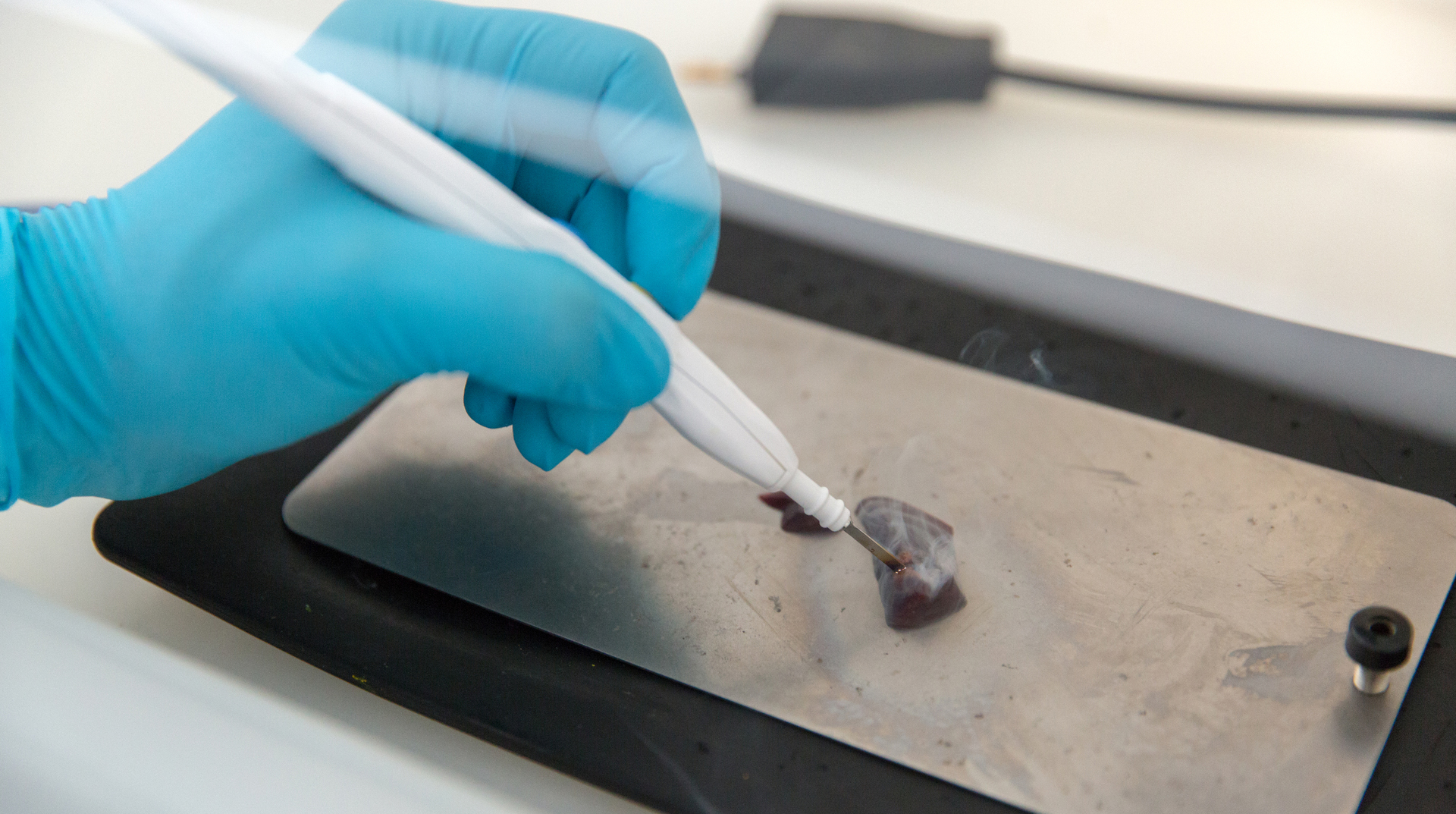
For all the advancements medicine has seen in recent decades, there remains a major public health challenge: cancer. However, a new surgical tool called the iKnife has shown significant promise in improving the diagnosis of endometrial (womb) cancer. Professor Sadaf Ghaem-Maghami discusses how this new tool could transform the clinical care of thousands of patients.
Endometrial (womb) cancer is the most common gynaecological cancer in the UK, and the fourth most common cancer in women. It affects 9,300 women and people with gynae organs every year in the UK alone. It generally occurs in postmenopausal women, but up to 25% of cases are diagnosed in the pre-menopause. Its main symptom is one of abnormal bleeding. These women are usually referred to the two-week wait clinics for diagnosis or exclusion of cancer.
While 90% of women referred with abnormal bleeding to these clinics do not end up having a cancer diagnosis, they experience stress and anxiety whilst being investigated and waiting for test results. If the diagnosis of cancer is made, there are obvious clinical and psychological advantages to timely treatment.
Spotting cancer flags
In research published in Cancers and funded by the Eve Appeal, we used the intelligent knife (iKnife) to test biopsies taken from the endometrium (womb lining) of 150 women. We were able to show that the tool can be used to give an immediate and accurate result when compared to the gold standard of pathological examination, which can take up to two or more weeks to make a diagnosis. It is hoped that this could speed up access to treatment for those with endometrial cancer. Also, by providing a diagnosis within minutes, the iKnife could spare many patients the agonising fortnight of anxiety and uncertainty while they wait for the full pathology result to become available.
The tool works by cutting through tissue whilst delivering an electrical current, heating as it cuts. It then captures and analyses the vapour that is released, using a technique called mass spectrometry to spot any ‘cancer flags’ in the phospholipids in the tissue sample (phospholipids make up the outside of all cells, including cancer cells). By testing biopsies from women with womb cancer, as well as biopsies from women with benign (non-cancerous) growths, the iKnife’s analysis software has built up a clear model of what the outside of womb cancer cells are made of, and can detect the phospholipids that are ‘flags’ for cancer, giving an instant diagnosis.
A profound impact
The study found that the iKnife can differentiate between cancer and non-cancerous biopsies with an overall accuracy of 89%. This technology has a specificity of 93% and a positive prediction value of 94%. This means that, if the iKnife makes a provisional diagnosis of cancer, there is a very high possibility that this will in fact be the final diagnosis.

We are currently planning a large multicentre study to test this technology in a normal clinical setting. If the findings are confirmed, this will have a profound impact on the experience and clinical care of thousands of patients, nationwide.
Sadaf Ghaem-Maghami is Professor of Gynaecological Oncology in the Department of Surgery and Cancer.